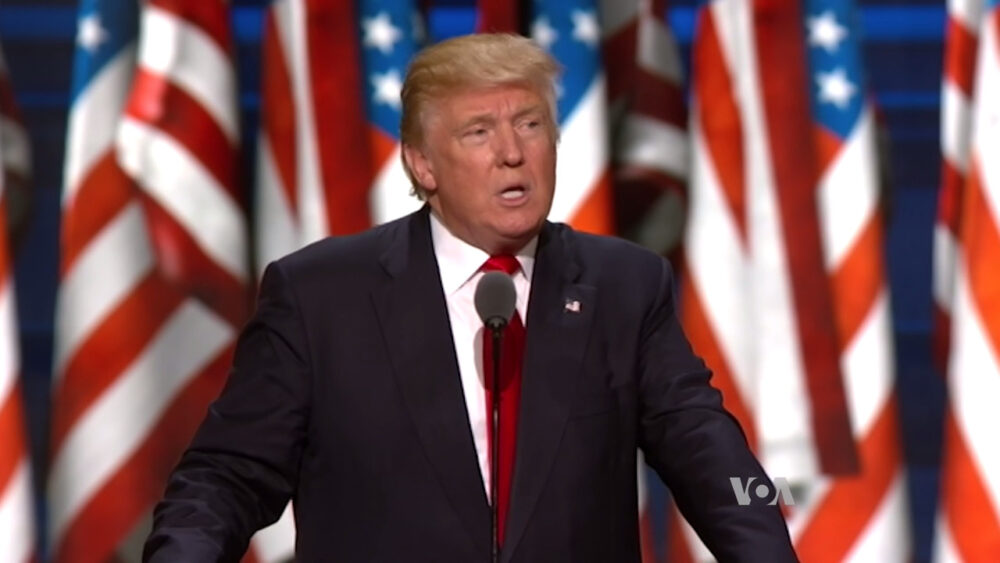
Pricking the Brussels bubble, it seems that the wider international public is relaxed, if not upbeat, about the incoming Donald Trump presidency.
A poll commissioned by the European Council on Foreign Relations shows that more people in such places as Brazil, China, India, and Russia welcome Trump’s second term than not. In contrast, Switzerland, the UK, 11 selected European Union member states—Bulgaria, Denmark, Estonia, France, Germany, Hungary, Italy, Poland, Portugal, Romania, Spain—and South Korea felt that the return of Trump to the White House would harm their countries and world peace alike.
The report states
In short, Trump’s return is lamented by America’s longtime allies but almost nobody else.
Outside Europe, there is widespread optimism that the incoming administration would aim to both end the war in Ukraine and Middle East conflicts. This view coincides with acceptance of the idea of a multipolar world, where the president-elect will soon assume office at the head of just one of a group of several global powers. From here, survey respondents would typically seek an instrumentalist ‘a la carte’ approach to making international alliances.
Researchers classified those polled as on a spectrum ranging from “Trump welcomers”—found in the BRICS member states—to “never Trumpers,” common in the UK (50%), Switzerland, and the EU (28%).
Foreign policy analysts Mark Leonard, Ivan Krastev, and Timothy Garton Ash hope the report will persuade Europeans “to recognise the advent of a more transactional world.” It’s time for Europe to stop “posing as a moral arbiter of everyone else’s behaviour” and “build its domestic strength and seek new bilateral partnerships to defend its own values and interests.”
Alone in a Trumpian world: The EU and global public opinion after the US elections surveyed 16 European countries (the 11 EU member states cited above, plus Russia, Switzerland, Ukraine, and the UK—and Turkey), non-European BRICS countries Brazil, India, Indonesia, China and South Africa, plus Saudi Arabia, South Korea and the USA.
